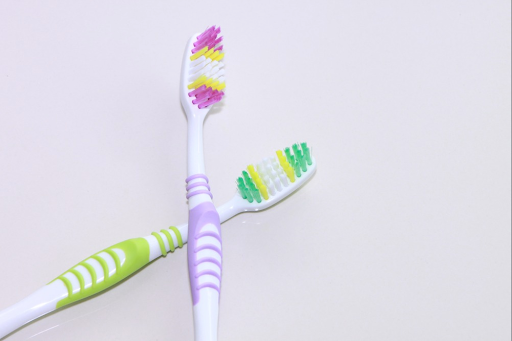
Tooth sensitivity can be a vexing and uncomfortable ordeal, characterized by sharp or shooting pain triggered by various stimuli such as hot or cold temperatures, sweet or sour foods, or even the air itself. It’s estimated that approximately 1 in 8 individuals encounter tooth sensitivity at some point in their lives. Let our dentist in Hartington guide you through what tooth sensitivity signifies and how to manage it effectively.
Enamel erosion stands as one of the primary culprits behind tooth sensitivity. Enamel, the tough outer layer of the tooth, shields the softer dentin and pulp layers beneath. When enamel diminishes, the dentin becomes exposed, paving the way for sensitivity. Factors contributing to enamel erosion include acidic foods and beverages, tooth decay, and aggressive brushing. To safeguard against enamel erosion, it’s vital to moderate consumption of acidic substances, uphold diligent oral hygiene practices, and opt for a soft-bristled toothbrush to preserve enamel integrity.
Gum recession also ranks among the common triggers of tooth sensitivity. This occurs when the gum tissue surrounding the tooth recedes, exposing the tooth’s roots. Periodontal disease, vigorous brushing, and genetic predispositions can contribute to gum recession. Preventive measures entail maintaining optimal oral hygiene, employing a soft-bristled toothbrush, and steering clear of tobacco products.
Moreover, tooth sensitivity may signify an underlying dental issue, such as a cracked or damaged tooth, cavity, or abscess. Should you experience tooth sensitivity accompanied by symptoms like toothache, swelling, or fever, prompt dental intervention is imperative to prevent exacerbation of the condition.
Addressing tooth sensitivity involves various strategies to alleviate discomfort. Utilizing desensitizing toothpaste, enriched with specialized ingredients that block pain transmission to nerves, proves effective in many cases. Complementing this with fluoride rinses, avoiding acidic foods and beverages, and adhering to meticulous oral hygiene routines can offer relief.
In certain instances, our dentist in Hartington may recommend more invasive treatment modalities to tackle tooth sensitivity. These could entail applying fluoride varnish or gel to affected teeth, bonding with resin material, or performing a root canal if nerve damage is present.
In essence, tooth sensitivity may stem from diverse factors, necessitating tailored treatment approaches. Seeking professional dental evaluation at Family 1st Dental in Hartington is crucial to identifying underlying causes and devising appropriate treatment plans. In the interim, adopting proactive measures can mitigate tooth sensitivity and enhance oral comfort.













